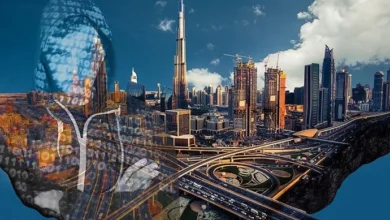The Future of AI: Support or Substitute?
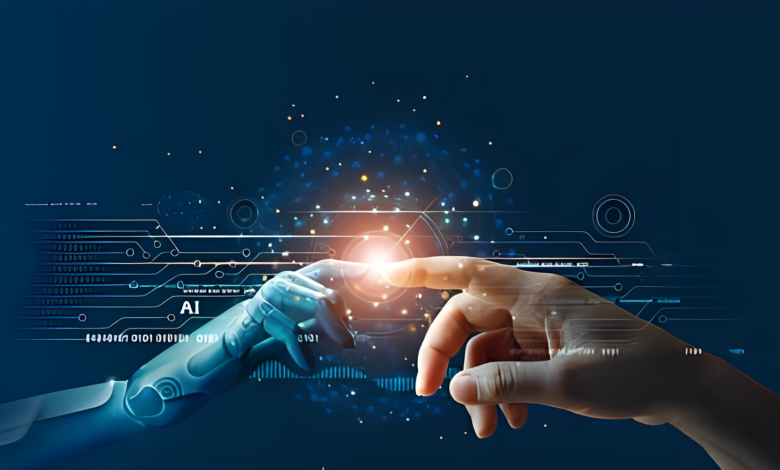
Editor’s Opinion
Close your eyes and think about all that has happened in your life—the changes, the experiences—and how gradually yet drastically everything has transformed over the years, right in front of your eyes. What we now consider the norm consists of so much that is out of bounds, even for our imagination. Oh, what a great time to be alive! Where every possibility is just a tap away and the limit has been surpassed, even the skies.
One should consider themselves lucky because we are the chosen ones who are experiencing robots taking over everything by storm. We are the primary witnesses to what we used to joke about back in those days: “Imagine all of our friends would be robots! Haha!” Well, knock, knock! Is there anyone who has not had a deep conversation with your very own “My AI” on Snapchat? I think not! While it may feel like a threat sometimes, here’s the silver lining: being fortunate enough to live through these major technological advancements and making full use of these bots that are now everywhere!
Just like everyone around you claims, we also agree that because of the addition of artificial intelligence, a high percentage of what used to be “solely” human-based tasks are now automated by AI, and the list is getting longer and longer daily.
A Look Into The Shift
Our good old ‘customer care representatives’ no longer have blood running through their veins but operate extremely efficiently based on what has been fed into those chatbots, and as it turns out, they’re doing pretty well, too, 24/7—what humans could never do.
Remember the time when you had to go to the library, get a membership card, find the right book, take your sweet time reading and understanding it, and then come up with an analysis on a certain topic? We are sure this sounds very exaggerated to you because all we do today is just ‘type’ and get whatever we want in a matter of seconds!
A little rare right now, but soon you will be entering a hotel, and there will be no such thing as a ‘receptionist’, as all you need to know has been preprogrammed into a screen that will help you find your room, tell you where to get your keys from, and even calculate your bill! The best part is that there won’t be any long cues at the counter since our dear bot friends work faster than us.
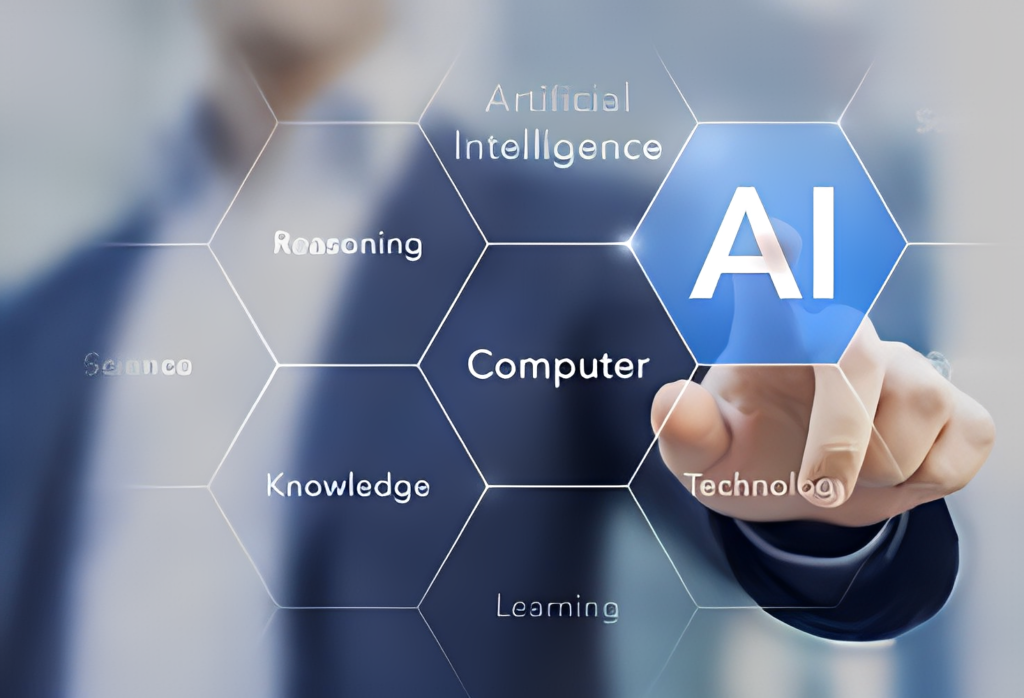
The Real Question
All of this makes us think, why? If the ‘homo-sapien’ species does not seem to go extinct anytime soon, then why is there a need to shift from flesh and blood to wires and data?
This might sound absurd, but this ever-fast world does not wait for anybody now! If you are not as productive as a robot, a bot who doesn’t even require payment may replace you. Let us put it in a very simple way: robots are faster than humans, do not require any breaks, do not have friends or a family, and require no weekend; all they do is work as per your demand, which makes them an ideal replacement for an actual human worker. If you’re an employer, this must sound like the ideal “employee of the month” for you, and there’s simply no need to give any monthly incentives!
As we have hopped on this journey of AI taking over everything and leaving us with no careers of our own, the bottom line is that there are still many positions that artificial intelligence does not seem to be reaching any time soon. If we look at technology this way, it is man-made, so no matter how much you say that the bots are ahead of us, the truth is that they wouldn’t even exist if we, as humans, did not create them. The creativity of the human mind surely has no bounds! To make you feel even better, the word ‘artificial’ itself implies that it is not something they were born with but has been artificially induced by human minds. So even though the future may be all about our robot friends, the reality right now is definitely that we created them and we possess the skill to outperform them in many ways!
Although we will likely see certain industries transformed by automation, jobs that require critical thinking, human judgment, subjective thinking, and decision-making will continue to rely on people. Similarly, jobs that involve nuanced communication with others and require soft social skills such as emotional intelligence and creativity are at lower risk for AI replacement.
Here’s a quick look into it:
Teachers
While students may be resorting to AI for all their basic academic needs—compiling that last-minute college assignment, making a project on a topic one has zero knowledge about, and just meeting their day-to-day student needs—the truth is that teaching is not just about imparting knowledge or giving facts and figures, and that’s exactly what AI does. While AI tools may offer solutions to a complex concept, a teacher gives more than just instructions. An ideal teacher can inspire and nurture young minds and polish them to put their potential to the best use. An AI tool can give you information but cannot give you the emotional support that a good teacher can, which leaves an everlasting impact on a student! So if you’re an educator, you may join hands with AI tools to make your job easier, but never forget the power you possess—the absolute power to transform future generations!
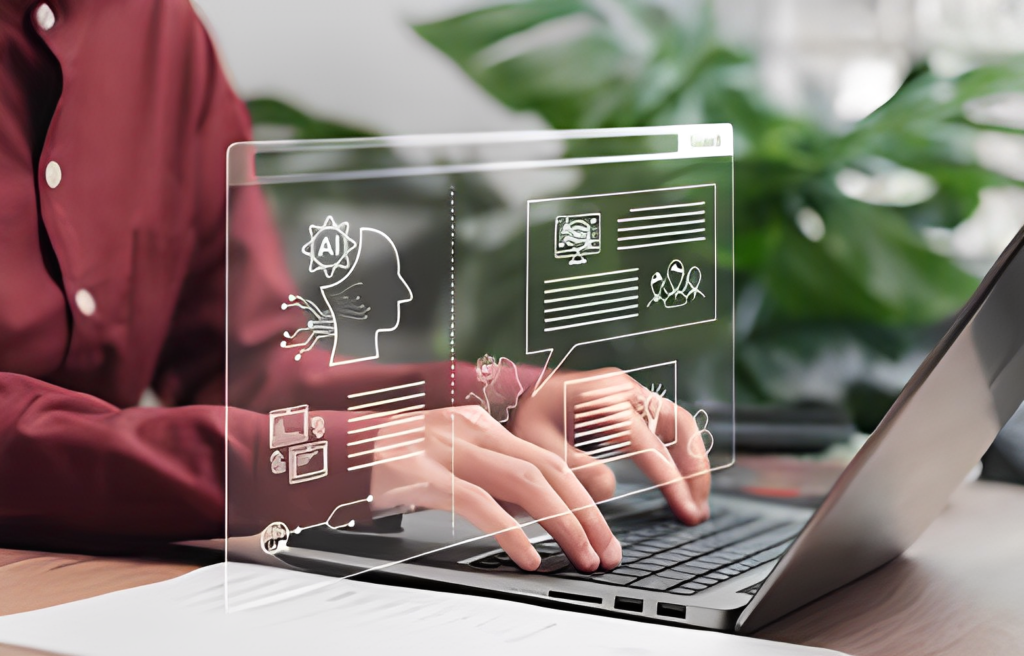
Healthcare Professionals
The impact of AI in healthcare is proliferating for good. However, as much as it helps in diagnosing certain diseases, sometimes the provided data is not enough to make a timely decision during a life-saving surgery. Surgeons and healthcare professionals deal with a variety of cases daily. No matter how much information one can feed into a bot, it is evident that every patient is different and requires a custom-made solution to their concerns. At this point, AI tools cannot be trusted completely and only act as support for an actual human doctor. A surgeon’s duty is more than just machines that take input and give some sort of relevant output. So a big round of applause to our healthcare workers, who are and will always be vital to mankind!
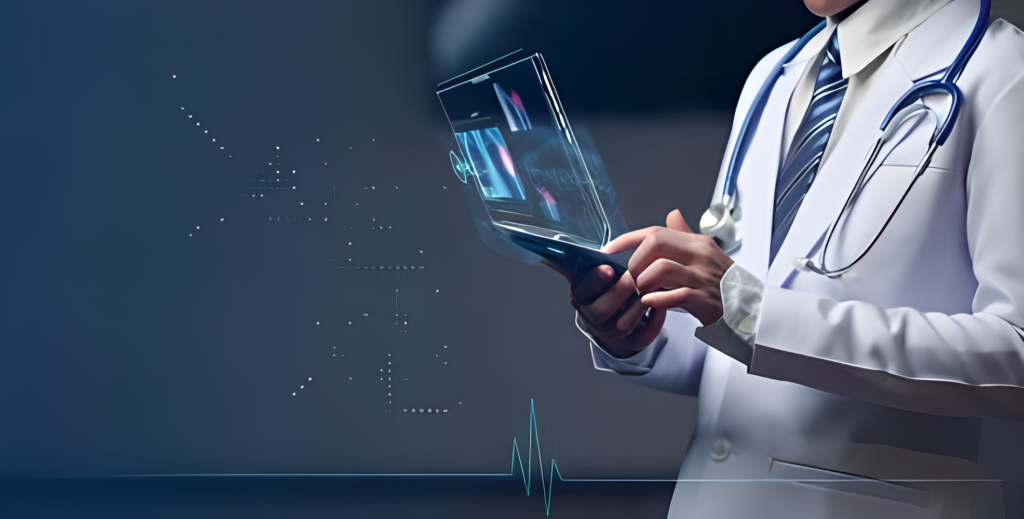
Lawmakers and Judiciary
One can easily train AI about the laws, but it cannot possess the emotional intelligence to reason, argue, convince, and persuade people the way that attorneys need to. AI can support lawyers in drafting documents or repetitive tasks, but people need to review content and ensure the laws are upheld. Additionally, law positions require strong negotiation, strategy, and critical thinking skills to navigate complex legal systems and ensure that their clients’s best interests are at heart. All of this is not a task for a robot that can only work on fixed parameters.
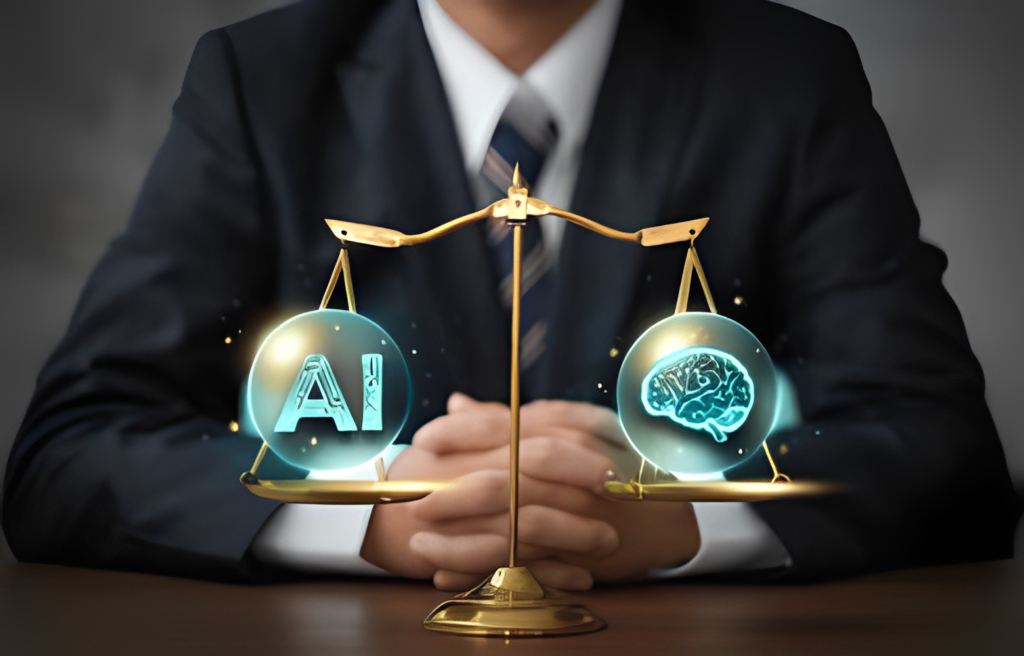
Artists
While you may disagree and most artists out there are worried about their future because of AI-generated art, at the moment, it is safe to say that AI will not replace this profession completely. As we mentioned earlier, AI lacks complex creativity and can only operate on certain lines, but we, as humans, are strong believers that creativity has no bounds! Humans have a unique ability to create something from nothing, whereas AI requires training on a topic and can only create art within the confines of what it knows, so never doubt the power of a human mind’s imagination and confidently grab that brush to take over the world!
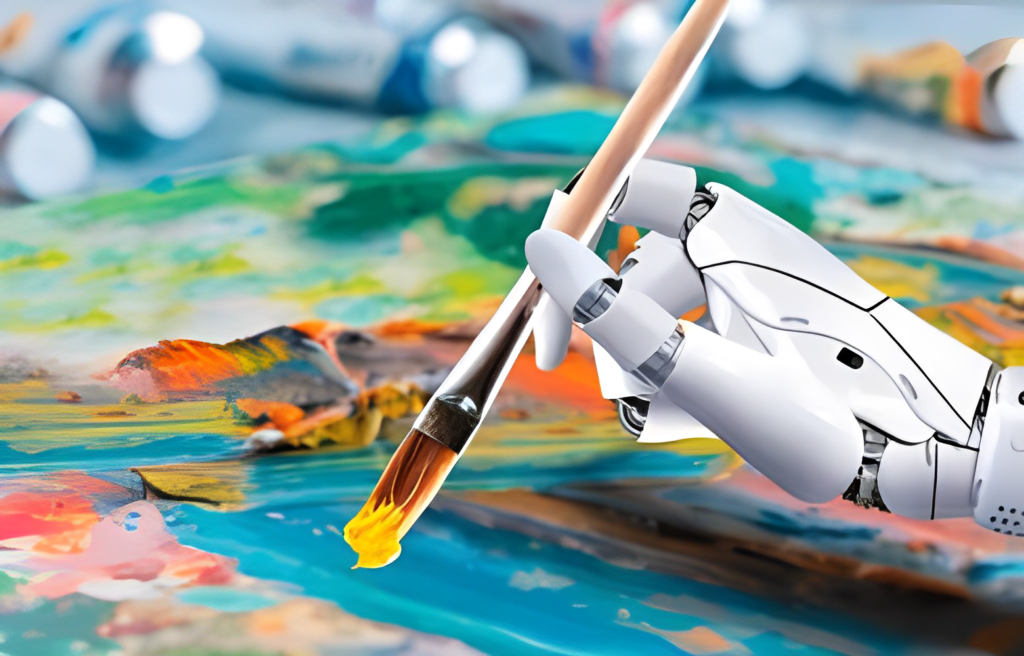
Consultants & Investigative Journalists
These professionals rely heavily on their ability to think critically, analyze information, and interpret complex data. While AI may be able to collect and organize vast amounts of data, it lacks the intuition and insight that humans possess. Similarly, investigative journalists rely on their instincts, and ability to build relationships and conduct in-depth research, which AI cannot replicate. So, while AI may have its place in assisting these professions, it cannot fully replace the unique skills and qualities that humans bring to the table.
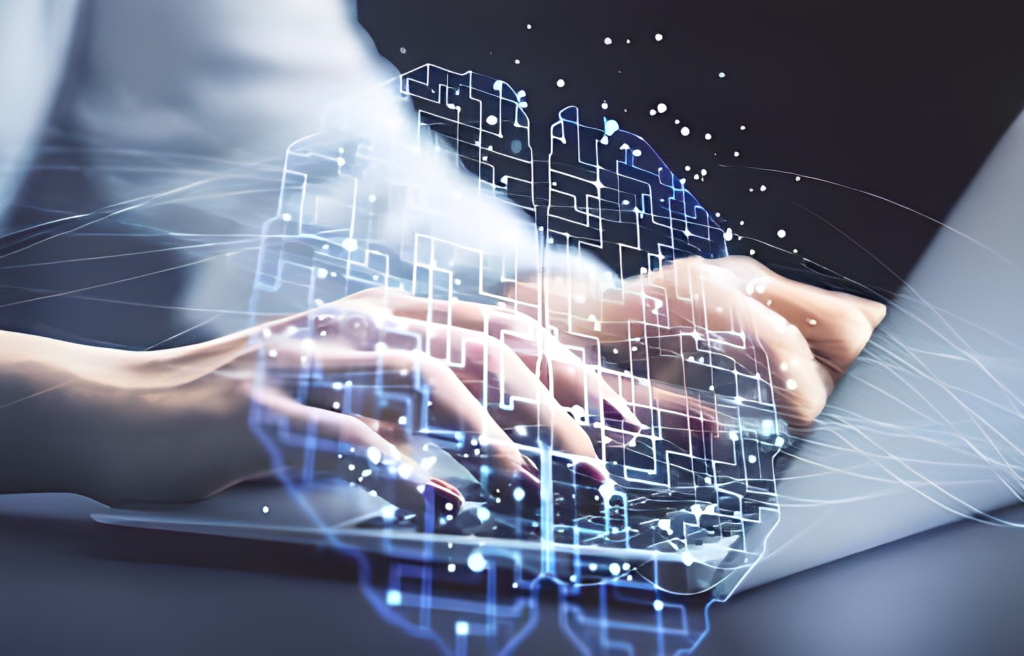
The Future
The impact of artificial intelligence on job survival is a complex issue that differs across industries, types of work, and the level of human skills required. AI will likely continue to merge itself into our working world, but rest assured that many professional jobs are still looking for human labor and thinking. Togetherness is what we believe in; AI and humans, hand-in-hand, can emerge as powerful tools that can open doors to new opportunities and also make tasks easier for all of us! The future of AI should center on how AI can improve efficiencies and discoveries with humans, not instead of them. With this note, we anticipate seeing a world created using a combination of artificial intelligence and human magic.



